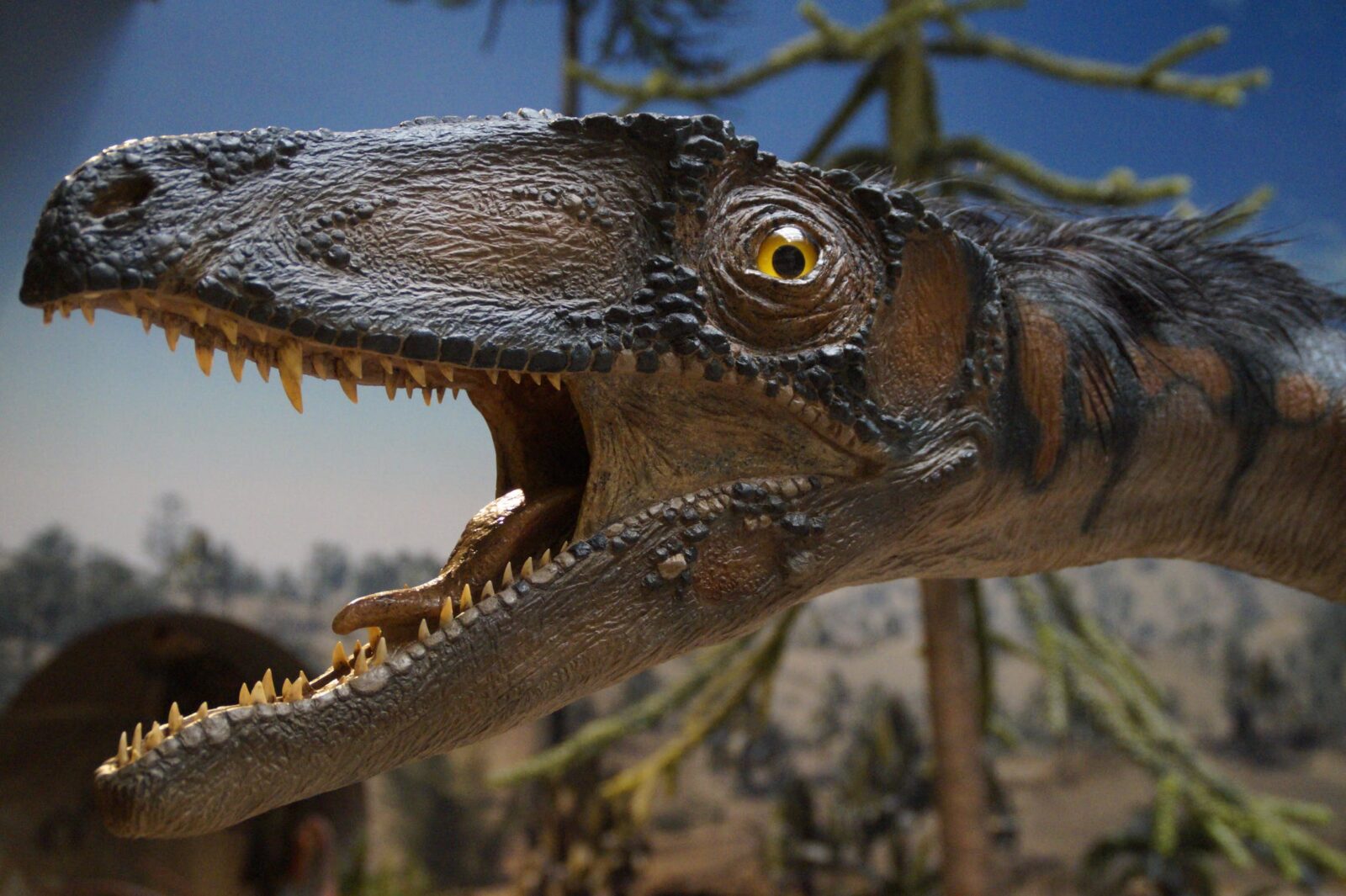A new study shows that prehistoric mammals didn’t grow larger brains in order to survive when the dinosaurs went extinct. Researchers suggest that during the first 10 million years after the extinction of the dinosaurs, mammals emphasized increasing their body size in order to adapt to the profound alterations in the animal world.
Mammals’ brains have shrunk in comparison to their bodies since the end of the dinosaurs’ reign around 66 million years ago, according to new research. According to conventional wisdom, it had long been considered that the proportional size of mammalian brains rose after the extinction of the dinosaurs. As much as we know about modern-day mammals’ brains, it was previously unknown how they evolved in the first few million years after the extinction event.
Bigger bodies but smaller brains
Using CT scans on newly found fossils from the Paleocene, a 10-million-year era after the extinction, researchers at the University of Edinburgh have thrown light on the riddle. Because their bodies grew at a quicker pace than their brains, mammals had smaller brains in the beginning. In addition, the scans show that the animals’ eyesight and other abilities were less evolved, suggesting that they depended significantly on their sense of smell. In order to live in the post-dinosaur period, it was more vital to be large than intellectual, the researchers argue.
Early members of contemporary animal groups such as primates started to grow bigger brains and a more complicated range of senses and motor abilities about 10 million years later, around the same time. When resources were few and competition for them was fierce, this would have increased their chances of survival, according to the group.
The European Research Council, Leverhulme Trust, as well as the National Science Foundation all provided funding for the research, which appeared in the journal Science. There were also other foreign institutions engaged, including the Natural History Museum of New Mexico in the United States. According to the study team, the concept that large brains are always better at adapting to new surroundings or surviving extinctions is incorrect.












Leave a Reply